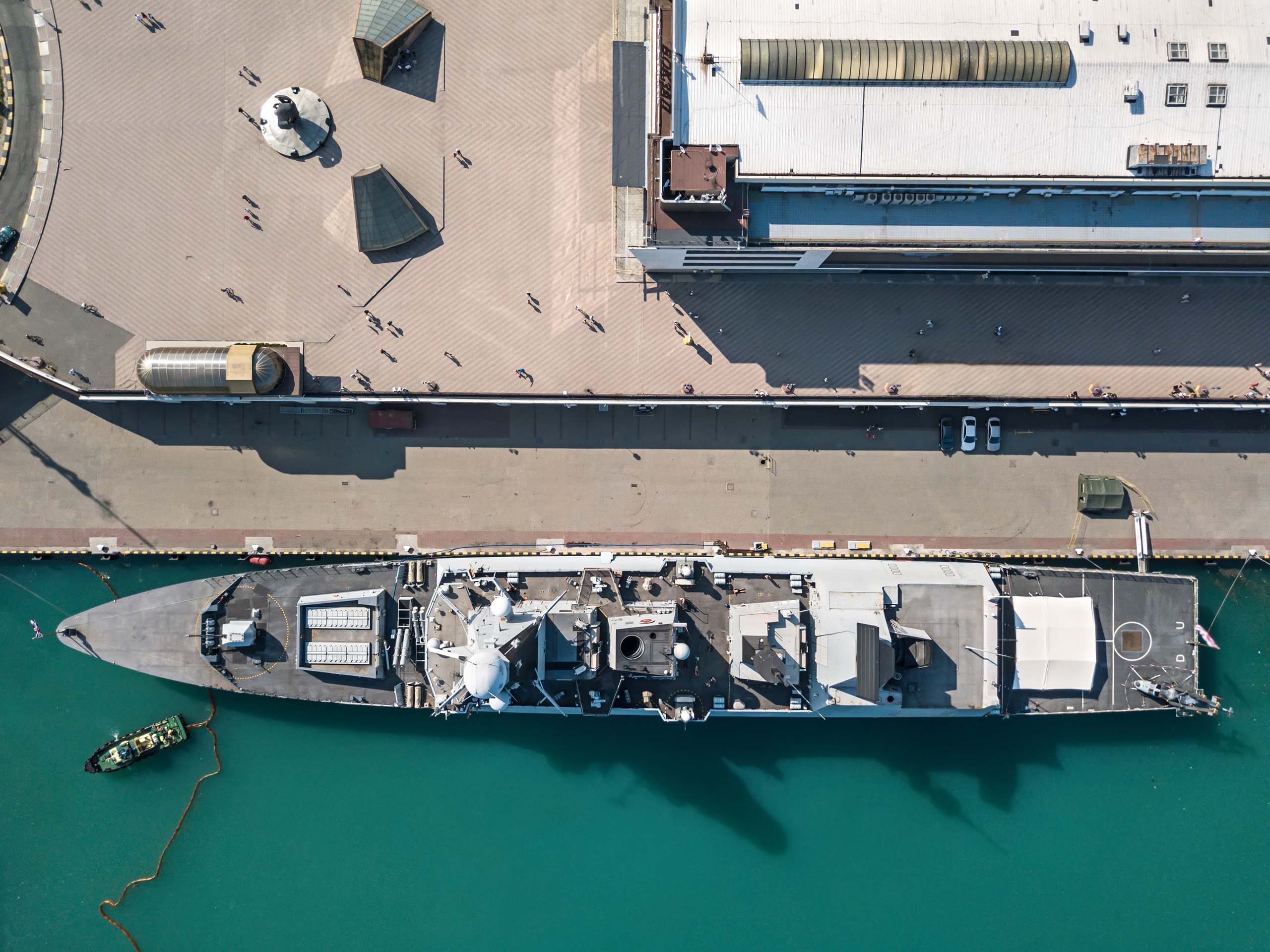The naval shipbuilding and defence industry has a diverse mix of roles for professionals in the sector. Many of these fall into two categories, permanent or contract, but which is the best option?
Your answer could be very different depending on your own working needs and industry specialisation. Do you need reliability? Or are you looking for flexibility with the opportunity for a higher salary? Let’s break down the pros and cons for both types of work.
Contract
‘Contracting’ is the most flexible option when It comes to choosing your employment status. You have the ability to pick and choose roles, to be paid at either an hourly or daily rate for your work, and you can select opportunities based on a contract length suitable for you. These are prevalent in the industry with many contracts replicating specific time frames as part of a shipbuilding project.
What are the pros?
- (Usually) A larger salary
- You can be your own boss
- A way to build a good independent reputation
- Flexibility, during contracts and outside
- A varied mixture of work
- No long-term commitments
- A more efficient hiring process
- Potential tax reductions
- Greater professional satisfaction
- A better work-life balance
- A way to avoid ‘work politics’
Contracting ‘cons’
- Job security isn’t guaranteed
- It can leave you feeling Isolated
- A more rigid/formal relationship with an employer
- No benefits or safeguards such as sick pay, employer pension contributions
- You’re responsible for your own tax arrangements
- You can be limited to short-term objectives
- There’s often an urgency to solve immediate and complex issues
- You may not see the long-term effects of your work
- Market trends may mean your opportunities ‘dry up’
- You need a constant proactive approach during your career
- A more rigid/formal relationship with an employer
Permanent
Permanent working offers a variety of different things that contracting can’t. With a skills deprived market, those seeking permanent roles have more power and choice than ever.
The upsides of permanent employment can often mirror the drawbacks of contract work, with a number of benefits such as:
- Job security
- Employment protection
- Flexible benefits
- Pay rises and bonus
- Defined career path
- Teamwork, friendship, and socialising
- Internal promotions
- Long term impact in a company
- Candidate’s market
- Training and development
- Routine certainty regarding activities
- Gain reputation as an in-house expert
- A steady income
- Have a more emotional relationship with your employer
Permanent employment ‘cons’
- A lower salary (Usually)
- Skills may not always be used effectively by your employer
- Limited amount of annual leave per year
- Can be a lack of challenge and variety in tasks
- Sometimes you can experience personality clashes with team members
- Hard to change a poor company culture
- A lack of freedom in your workflow
- Risk of micro-management
- Lack of autonomy
It all boils down to personal preference when you decide between the two forms of employment, each naval defence specialist will have their own requirements when it comes to your job search.
Starting a new career in the naval defence industry? Read our piece on what to do when transferring!







